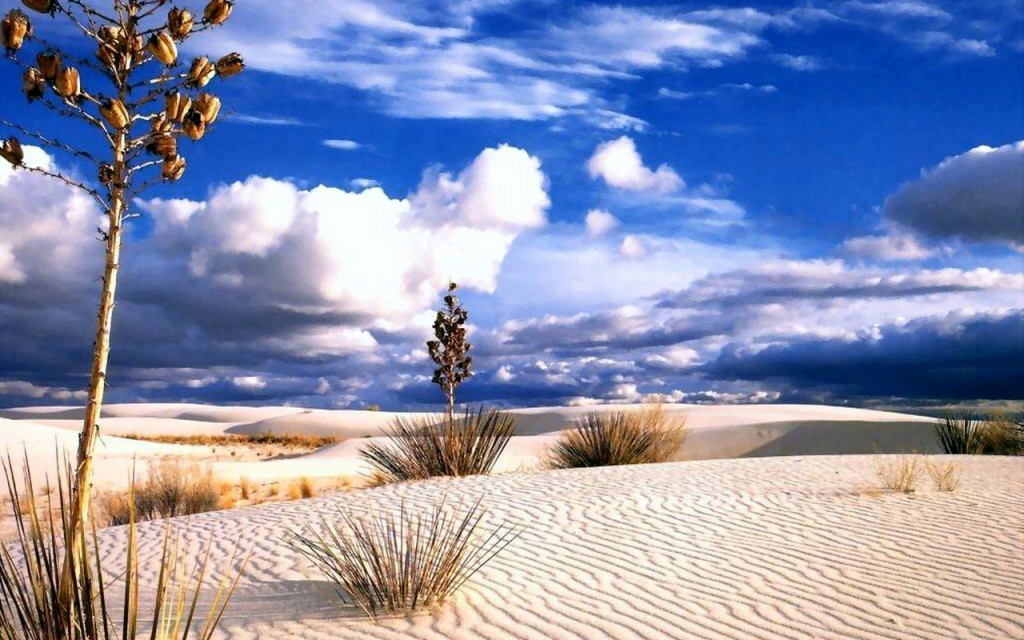Desert experiences are one of the hardest things about life and extremely difficult to navigate through. In fact, when we are in a desert experience, the only thing that many of us think about is how to get out of it – quickly and with as few scars as possible.
In part one, I described the rationale behind desert or isolation experiences in ministry. Click here to read about it.
In part two, I described the different types of desert experiences that one might experience in ministry. Click here to read about it.
Today, I’m going to explore why moving out of a desert experience prematurely is one of the worst decisions that you can do.
The whole process of moving back to Canada in 2010, after pastoring in Korea, was a defining desert experience in my life. We were displaced and without a home, ministry position, income, etc for about 5 months. Upon arriving back in Canada, the first thing I wanted to do was get a job and start providing again for my wife and newborn, but God had other plans. In fact, out of all the resumes that I handed out, absolutely no one called me back for the first couple of months. It was hard at the time, but in hindsight, I can see how God wanted to keep me in that desert experience.
Shelly Trebesch, in her book, Isolation: A Place of Transformation in the Life of a Leader, explains how God uses desert experiences to accomplish things through us that we could never accomplish apart from that desert experience. So much so that some of our ultimate contributions may actually come out of a desert time. Thus, it is important to be prepared for a desert season by deciding beforehand to embrace the whole process and what comes with it. And when one is going through a desert season, it is important to stay in it until God calls one out of it.
Understanding my past desert experiences through this lens has been extremely helpful as I consider how to share my past stories with others. I could easily share it with the framework of, “I’m glad that I’m not going through that anymore” and allow that desert experience to turn into a fact of history. Or, I could share my desert experiences through the lens of how God has transformed me and made me a better individual as a result of going through it.
How have you shared your past desert experiences to others?
Join me next time as I finish off this series with some ideas on how you can avoid unnecessary desert experiences.

Loved this post! Thanks for sharing and remind me what God faithfully brought us through.
I wouldn’t have rather gone through it with anyone else.
Hi! I’m making a brochure for an event in my church and just wandering if you have taken this picture? And if I am allowed to use it?